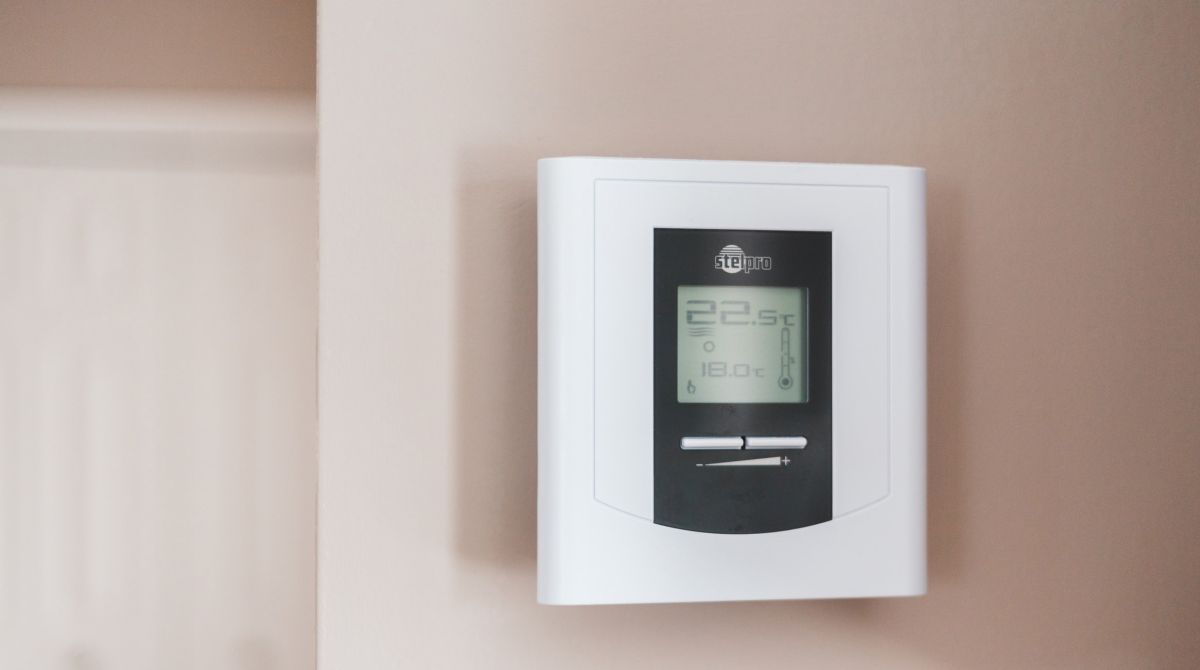New research by Kingston University could help businesses lower their carbon footprint
Posted Thursday 16 December 2021

Kingston University is leading a new real-world research project which could help Small and Medium-sized Enterprises (SMEs) reduce their carbon footprint and make financial savings by encouraging them to rethink their practices around energy use.
The three-year Kingston Living Lab project was formed by the University's Small Business Research Centre at Kingston Business School to achieve greater understanding of how SMEs are using their heating day-to-day and to help them identify new energy efficient practices. It builds on the recently completed ENERGISE project which saw households across Europe adopt new habitual practices to reduce their consumption.
The research group is working with SMEs in the Royal Borough of Kingston upon Thames and across London covering the hospitality, retail and commercial sectors. Businesses are taking part in a four-week challenge to reduce their workplace room temperature using thermologgers, provided by the University, that record temperature readings.
"The purpose is to encourage business leaders to reflect on what they are doing and why," explained Professor Audley Genus, Director of the Small Business Research Centre and Kingston Living Lab. "By adjusting their practices and subsequently lowering their room temperature by as little as three degrees Celsius, businesses will significantly cut their carbon emissions and see financial savings in doing so," he added.
Dr Juan Soon, a post-doctoral researcher supporting the project, explained that the challenge is intended to make businesses think about the spread of heating across their workplace. "Businesses can place the temperature loggers in different areas of their premises that may have different heating requirements. By looking at the data, participants will be able to see what rooms may be being overlooked and can adopt new practices that are appropriate for the day-to-day operation of their business as a result," he explained.
The challenge is to reduce their indoor temperature to a target of 18°C, or businesses can choose to set their own personal target which must be at least 3°C lower than their usual temperature. Businesses are given the freedom to come up with their own methods to achieve their temperature target. Their progress is monitored by a weekly survey where they can share their findings and any new practices they have adopted with the University.
Ritchie Sakthivel who runs Riverside Vegetaria, an independent restaurant in Kingston has signed up to the project and is enthusiastic about seeing results. "It is great to have this level of support and learn from other businesses in the area to have a collective impact on energy use. I am looking forward to seeing how taking part helps my business in the long term in terms of reducing how much energy we use and saving money as a result," Mr Satkhivel said.
The Living Lab is based on the idea that the participant or business wants to be actively involved in reducing their energy consumption and come up with their own practical solutions, Professor Genus explained. "We found from ENERGISE that the participants really care and spoke about their energy use in quite an animated way when given the chance to think about it and the tools needed," he added.
Participants will be invited to Kingston Business School to discuss their findings at the end of the challenge, during a reflective session overseen by Professor Genus and Dr Soon. A second cohort will undertake the challenge in 2022 and a series of events between participants will develop innovative ideas and practices from which other SMEs can learn.
- Find out more about Kingston Living Lab and sign up for next year's cohort.
- Find out more about undergraduate and postgraduate courses in the Faculty of Business and Social Sciences.
Contact us
General enquiries:
Journalists only:
- Communications team
Tel: +44 (0)20 8417 3034
Email us



